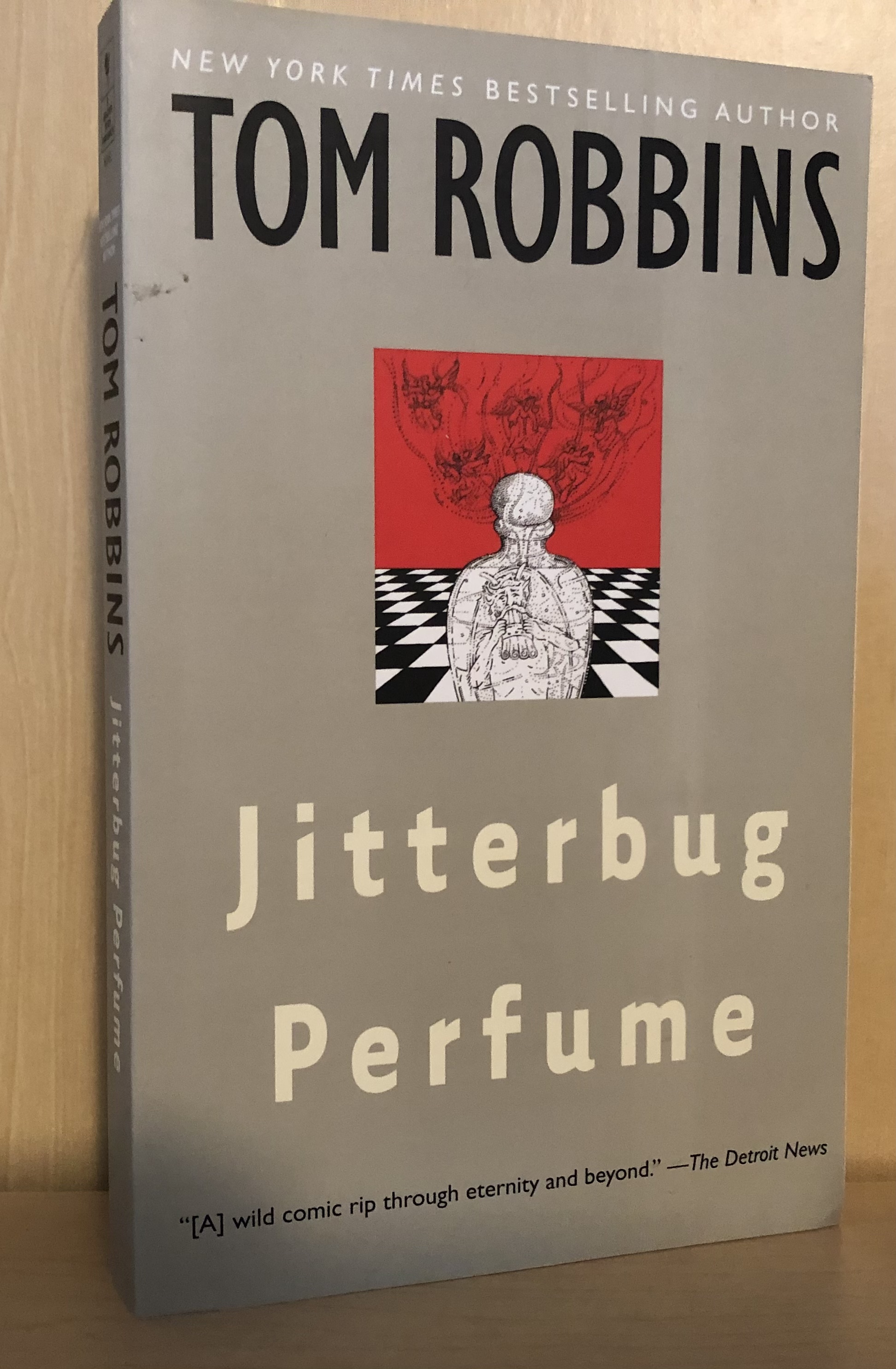

A generous sampling, collected here for the first time and including works as diverse as scholarly art criticism and some decidedly untypical country- music lyrics, Wild Ducks Flying Backward offers a rare sweeping overview of the eclectic sensibility of an American original. His travel articles, essays, and tributes to actors, musicians, sex kittens, and thinkers have appeared in publications ranging from Esquire to Harper’s, from Playboy to the New York Times, High Times, and Life. Known for his meaty seriocomic novels–expansive works that are simultaneously lowbrow and highbrow–Tom Robbins has also published over the years a number of short pieces, predominantly nonfiction.

The unenlightened might take a beet for granted, or view it as too common to be special.Download Wild Ducks Flying Backward Book in PDF, Epub and Kindle

They all have inchoate desires to temper the feminine and overpowering jasmine in their perfumes, desires that could be fulfilled if only they looked to the humble beets surrounding them. Whatever its qualities, they are easily overlooked most of the other characters, and especially the women, have beets delivered to them night and day and show barely any curiosity about them. Meanwhile, the narrator keys it to creative practice. For instance, Alobar ascribes a warrior aspect to the vegetable and is dismayed at seeing it used as a mere dye ingredient.

To everyone else in the novel, the beet is misused or ignored, its mysteries locked away. The beet’s virtues are extolled by exactly three voices in the narrative: Alobar, Wiggs Dannyboy, and the narrator (whom we might assume to be Tom Robbins himself). The beet crops up throughout the narrative as a vegetable of mystery, endowed with incredible powers while maintaining a humble exterior.


 0 kommentar(er)
0 kommentar(er)
